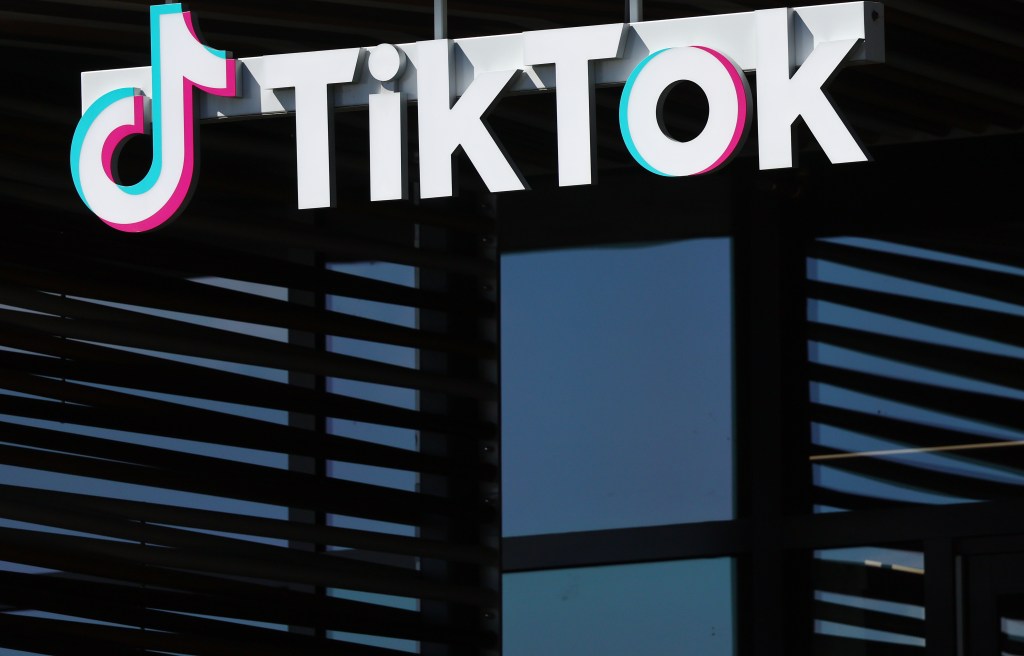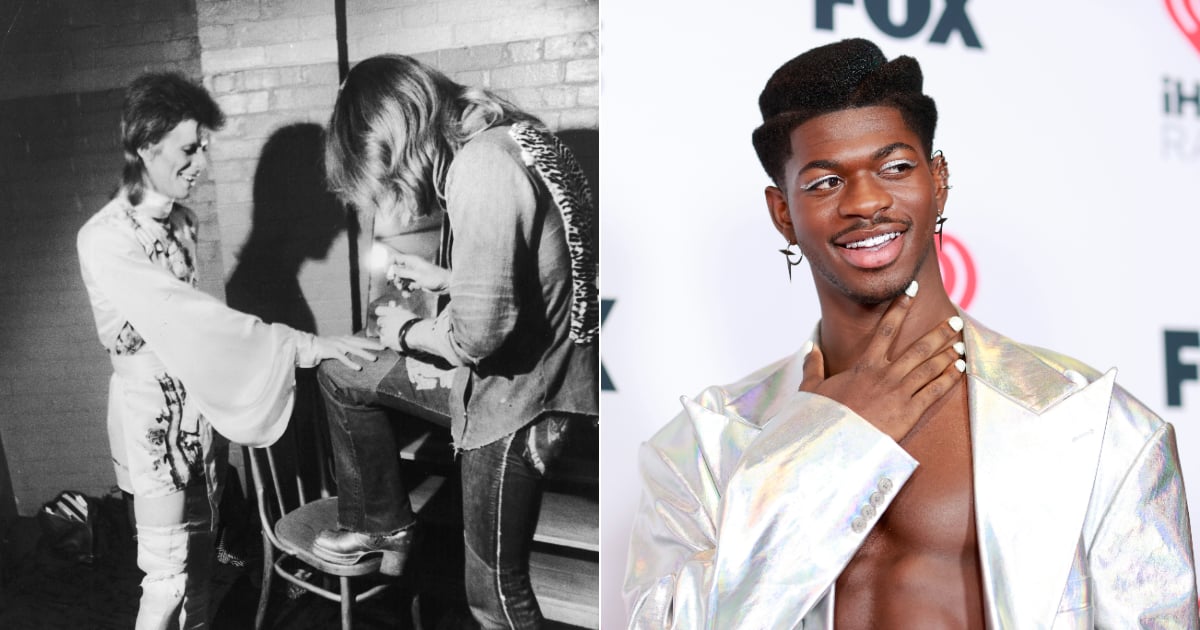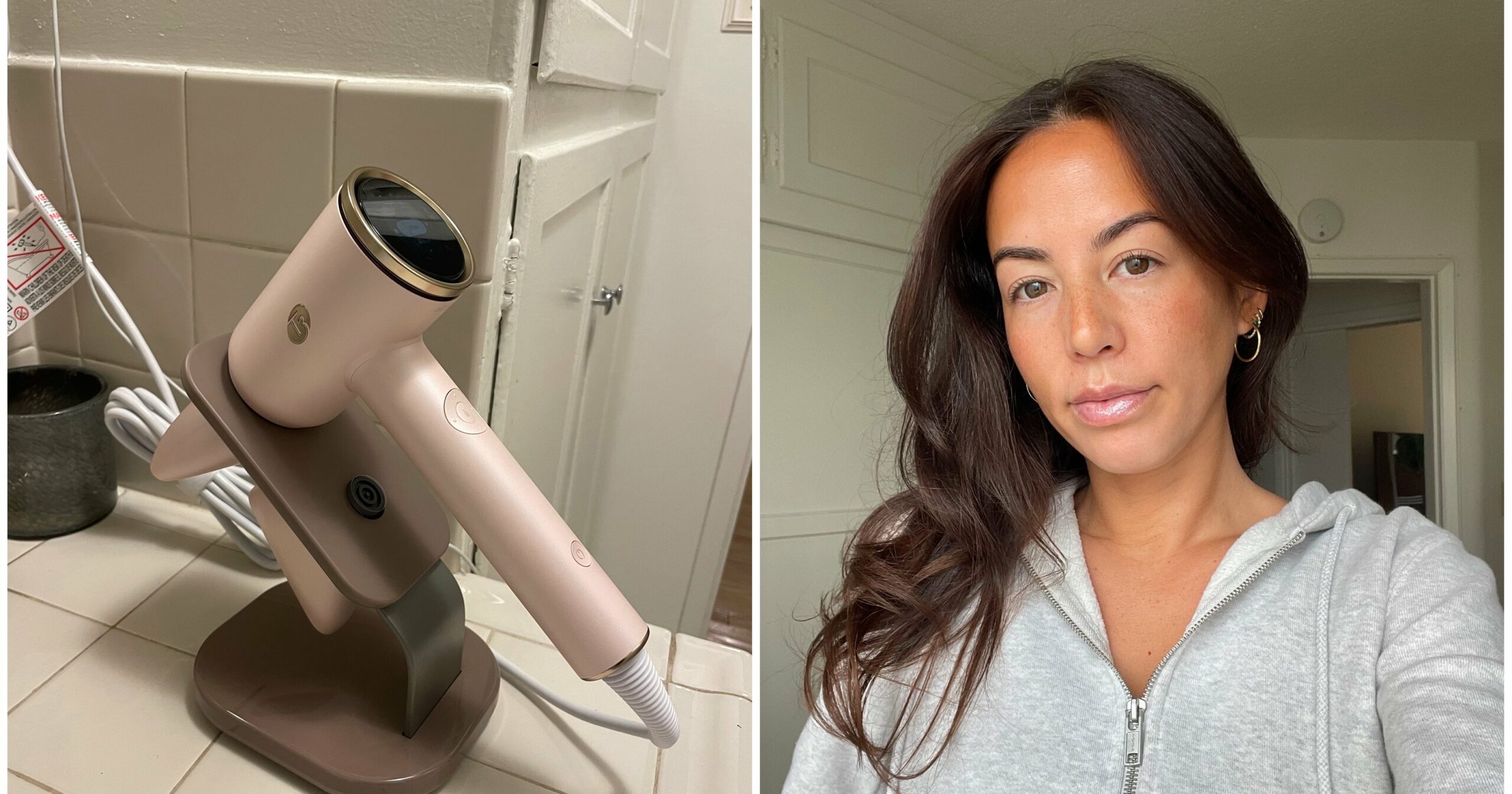Start the clock: TikTok’s political crisis may be Facebook, Instagram, YouTube, Snapchat and Pinterest’s gain, but for brands, marketers and creators, it could be a wake-up call forcing them to reevaluate their dependence on the platform before time runs out.
Fortunately for them, this process looks like more of a marathon than a sprint.
It’s easy to get caught up in a perceived urgency, as the hazy prospect of a TikTok ban snapped into sharp focus on Saturday. With seemingly breathtaking speed, the House of Representatives passed legislation forcing ByteDance, TikTok’s Chinese-based owner, to sell the app to American owners or see it ejected from U.S. app stores.
This was the second time in recent weeks that the House approved a bill that could potentially sever the app from its American user base. The new version, added to a $95 billion foreign aid package pledging support to Israel and Ukraine, is poised to sail through the Senate.
According to a tweet by Senate Majority Leader Chuck Schumer, “The Senate locked in an agreement to finish the work, with the first vote on Tuesday.”
But TikTok plans to fight the legislation.
In a statement reacting to the weekend vote, TikTok blasted lawmakers out to “trample” the rights of its American users. “It is unfortunate that the House of Representatives is using the cover of important foreign and humanitarian assistance to once again jam through a ban bill that would trample the free speech rights of 170 million Americans, devastate 7 million businesses and shutter a platform that contributes $24 billion to the U.S. economy, annually,” it said.
The developer has long argued that the platform operates independently from Chinese interests, with its own U.S.-based headquarters and data storage held by American tech giant Oracle, once a prospective buyer of the business when it initially came under fire during the Trump administration.
Having already seen the app banned in places like India, TikTok plans to unleash legal challenges in a bid to preserve its business in the U.S.
Meanwhile, not all lawmakers in the Senate are on board with the bill. Kentucky’s Republican Sen. Rand Paul, for instance, has criticized the measure on free speech grounds, and he opposes the larger spending bill as well. He has indicated that he may drag out the vote — although even he recognized that it’s likely to “soon be law” anyway in an essay on Friday.
Even so, the most critical detail of all may be the new timeframes put forth in the latest iteration of the bill. The new version expands the previous deadline of six months to nine months. It also allows the president to tack on an additional three months if he believes there have been good-faith efforts.
So brands that have become dependent on the platform and its algorithms can count on one thing: They won’t have to switch gears immediately. They have some time to figure out their next moves — at least nine months and possibly up to a year from the point of the bill’s passage into law.
TikTok and other social media platforms may be a valuable channel for funneling insights to brands, as a third-party source of data. If one folds, the others can benefit from seeing a competitor nixed.
But, according to experts like Ana Friedlander, director of industry strategy at Infor, the potential banning of TikTok should prompt brands to reconsider and recalibrate where they get their data — whether on a third-party or first-party basis. In other words, instead of relying on an outside source for key information that drives the business, they should look to leverage more of their own data.
“Social media, of course, it’s a huge factor,” she told WWD. “But you have your data, which is all of your historical analysis, sales history, etc., your market analysis, and there are so many tools out there.”



